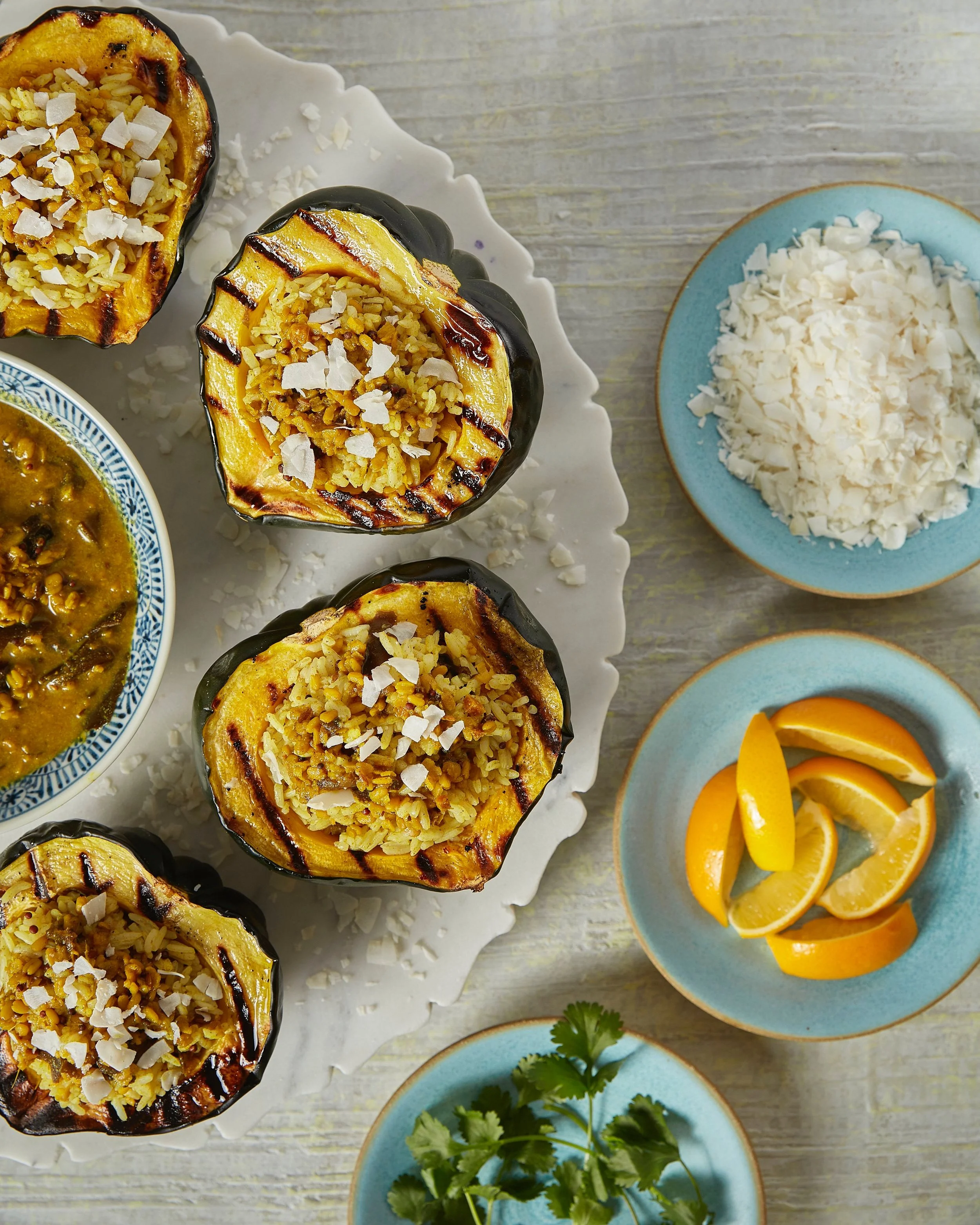What Comes Naturally
Natural and biodynamic wine has found its stride in Pittsburgh––and it’s no wonder. Better for the environment, and lower in artificial ingredients, natural wine is a great fit for those aiming to be more conscious of our consumption footprint. TABLE Contributor Lindsay Anne Herring interviews a trio of bottle-shop owners about going natural.
Above: Kolin Smith pours a tasting of one of Apteka’s natural wines.
Apteka
Run by Kate Lasky and Tomasz Skowronski, Bloomfield’s much-celebrated Apteka is a vegan exploration of Eastern and Central European cuisine, drawing on Lasky’s Pittsburgh roots and Skowronski’s Polish heritage. To go along with their intricate plant-based dishes, they offer a variety of natural wines from their bottle shop, featuring terroirs that are often overshadowed.
Natural wine has been a journey for Kate and Tomasz. Pennsylvania doesn't make it easy for small businesses looking to import special wines for their menus. “When we want to pull from certain off-the-beaten-path Slovakian or Hungarian producers, we are paying more than you would at retail in Manhattan,” says Tomasz. “You have to really fight for wine in Pennsylvania. If you're trying to carve out a themed wine list, especially if your theme is Old-World Central Europe, it gets tricky.”
Double Fried Chicken Sandwich from GG’s Café. A crispy breast of chicken between fry bread with their tangy Pickliz mustard sauce.
“Natural wine generally fits into our ethos as a restaurant and what we care about in the world, with better farming and more intentional production. A lot of natural wine producers are smaller operations––which, as a DIY-business, we can relate to,” comments Tomasz.
Their travels to Europe have been a big influence. “We go regularly to Europe because Tomasz's family is from Poland,” says Kate. “Otherwise, he's stuck with mine, and perhaps that gets old,” she adds jokingly. “This October we did a really remarkable trip where we met the people who are making the wine [that] we are most excited about.”
What makes Apteka a standout purveyor of natural wine? Tomasz comments, “I think we sincerely approach what this project is. The producers struggle with the same things we do, so it's really relatable. To work with a fruit and to end up with something completely different, and contending with all of the variables––everything is so intentional. They grow weird grapes and are confident in their own style. They don't care what's popular. A lot are just like ... ‘This is what we're doing.’ Who doesn’t want to see someone who is driven by an inner truth of what should be done?” aptekapgh.com
Nine O’Clock Wines
Best-friend duo Celine Roberts and Christie Kliewer, known as Nine O'Clock Wines, believe in "fun over formality" and "education over exclusivity" when it comes to wine. Their company works to support new and diverse winemakers, and to force a closer look at wine labor. “I have a firm understanding that price is a barrier for people,” says Celine. “That's not something that we can necessarily correct on our own, but what we can do as two women who own a tiny business is make it seem less intimidating.”
One thing that intrigues them about natural wine is the fermentation process that takes place in the bottle. It happens in ways that aren’t comparable to conventional forms of wine production. “Wines, when they're left to their own devices, are constantly changing, and to expect this totally uniform presentation of a thing that is living and made from the ground isn’t compatible with conventional ways of making things exactly the same for monetization. To maximize profits,” comments the duo. “A little bit of natural variation aligns itself with how the world is, as opposed to how we would like to form it. It's a living, breathing thing.”
Because part of their mission is to educate others on the world of natural wine, Celine and Christie have some great tips for those just getting into it. “You pick your focal point. Are you planning the meal around the food or the wine? Then, treat it like you would any other wine. Taste it. Do you like it? Then let's say for scallops, you make a white wine sauce. Pull a Julia Child. Open a bottle of wine, pour yourself a glass, taste it, work with your ingredients, and if you like it add some to the pan to deglaze it.”
Their last tip for enjoying a bottle of natural wine? “We believe wine should be shared.
Because of sharing with others, we pick up on notes we wouldn’t otherwise.” nineoclockwines.com
Tina’s Bar & Bottle Shop
Step into Tina’s and you are transported into a space that makes you feel at home. Access and equity are throughlines at Tina’s, allowing its spectacular cocktail list to thrive in a supportive, fun space.
“What is important for meat Tina’s is allowing people to come sit at the table with me,” says Sarah Shaffer, the founder and owner of Tina’s. “Let's grow our knowledge together.”
That’s how Sarah started the bottle shop and wine program. “I created this bar so that I could be the bridge between the everyday Pittsburgh citizen and the elevated bar concepts that were coming to our city. In the early 2010s we were seeing this massive surge in cocktail bars that were charging NYC cocktail prices. And it was just not kind to the community.” To help change this, Sarah leaned into affordable yet eco-friendly bottles. “At that price point, we could start to welcome everyone to the table.”
Why biodynamic wines? “I think so many people miss the point. The grape is not the wine. The grape is a fruit, the final step from that plant at the end of the season. In the wine, we taste the soil, we taste everything that we get from the ground. Obviously, that's terroir. But, to go a step further, the biodynamics of wines aren’t altering or externally meddling with what's happening there. It’s just letting nature do what it needs to do.”
Sarah continues. “That's something that is pretty readily accepted worldwide, not so here. Some people shy away from it, thinking it's not real or that it's some sort of funny, astrological pattern.” Sarah’s travels make it clear that biodynamic and natural wine is anything but. It is, though, a way to travel and understand the world. “Especially in natural wine and biodynamic wine,” says Sarah, “you're getting an intimate look, not only into that region's terroir, but also if you do a little research on the producer and the person behind the wine, you get to learn more about the culture of each of these regions as well.”
Making sure her team is always open and willing to discuss natural wine with her customers is incredibly important to Sarah. “When I do the wine list, we all do it together. I select the bottles. We try them and come up with the tasting notes together. My team is then able to talk about the wines with our guests.” tinaspgh.com
STORY BY LINDSAY ANNE HERRING / PHOTOGRAPHY BY LAURAN PETRILLA
Don’t miss a single delicious thing.
12 Month - 6 issue subscription













Indulge in the taste spring with this delicious Cherry Galette